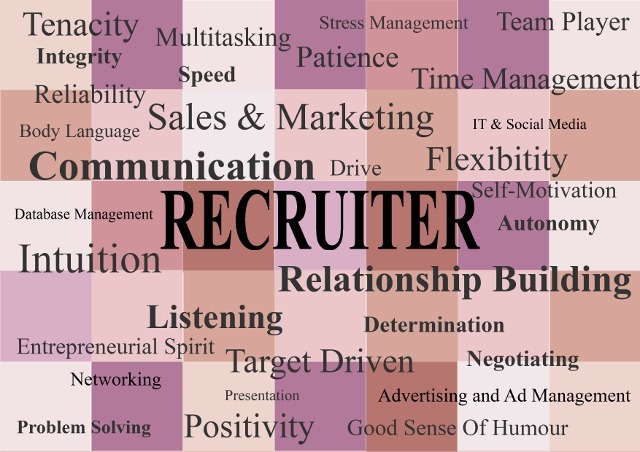
Finding a new professional challenge or switching careers can be a very daunting task.
However, it is not uncommon. Most people experience a career change at least once in their lives, or at least feel the desire or the need to change professions.
Obviously, every person is different, and so are the motives and circumstances for professional change. What many have in common, however, is the desire to rise to a new professional challenge where acquired skills are valued and recognized.
Be that as it may, when thinking about the value of skills, people tend to stick to the context of their experiences in their previous professions. That may be a mistake, since in doing so, one risks overlooking the objective value of one’s skills.
Certain skills are a standard requirement for a profession. If many colleagues have the same set of skills in a certain area, one may think that the value of these skills is rather low. However, in a different professional context, these skills may be highly valued. The same skills that are taken for granted in one profession can be very important for a different one. The combination of these with the experience from the previous profession can bring a new and less biased approach to the new profession –which could actually be an advantage in many industries.
For example, a manager from the commodity trading sector knows his company is in constant flux. There are times when these companies are hiring many different types of profiles, and times when they “retrench” and only hire specific profiles. If he is looking for opportunities elsewhere, he may be able to identify acquired skills like:
- Analytical modelling – understanding market trends, analysing investment opportunities along the value-chain or analysing take-over opportunities of competitors.
- Effective communication and negotiation – convincing relevant stakeholders of the advantages of a transaction.
- Agility – being able to seize opportunities is critical in any fast-paced business, and commodity trading especially demands speed and efficiency.
- Decision-making – determining the best possible decision whenever an opportunity arises requires courage.
- Creativity – differentiating oneself from competition in many professions requires the capacity to “think outside the box”.
- Relationship building – finding and growing relationships with clients, vendors and other stakeholders is a crucial and universal skill in most professions.
In exploring different sectors, this manager may look at job requirements in Private Equity. For several profiles in this sector, most of the above skills are required. If, in addition, the Private Equity firm invests in companies active in commodities, then the skills and the sector knowledge could form a compelling argument to hire this candidate – if he or she can effectively package these and other related skills in a convincing way to attract the potential employer.
How to transfer one’s skills from one profession to another
It is important to understand which skills are transferable and important for a new profession or industry. The following steps can be helpful to define and validate such skills:
- Talk with people from your profession or industry that have already made the transition to a different career. Learn from their experience.
- Look for people from the target industry; get their opinion on your core skills and potential hurdles to get a job in that industry.
- Create a simple message that helps you to tell others what you do and how you add value.
This does not make the career transition less daunting, but it can certainly help to structure the process and to find the right balance between a past and a future career.
Source:
Identifying the Skills That Can Help You Change Careers, Harvard Business Review, August 2015
Photo credit: skeeze via Pixabay, CC0 Public Domain






Eduard, thank you for this article. The subject crosses most people's minds at one point in a lifetime.
One mother told her hesitating son: You only come this way once, so do it now!
Sometimes there is a lingering stigma tied to those with lengthy resumes. However daunting this balancing act is, it is important to consider the options when one is at a crossroads to transfer, refresh and renew professional passion based on a wealth of experience that money might not buy.
You have highlighted some very interesting points: one should take an inventory of skills, talents and motivations when transitioning.